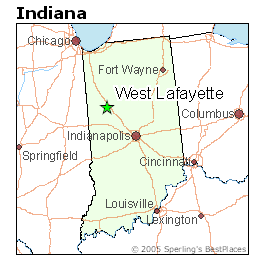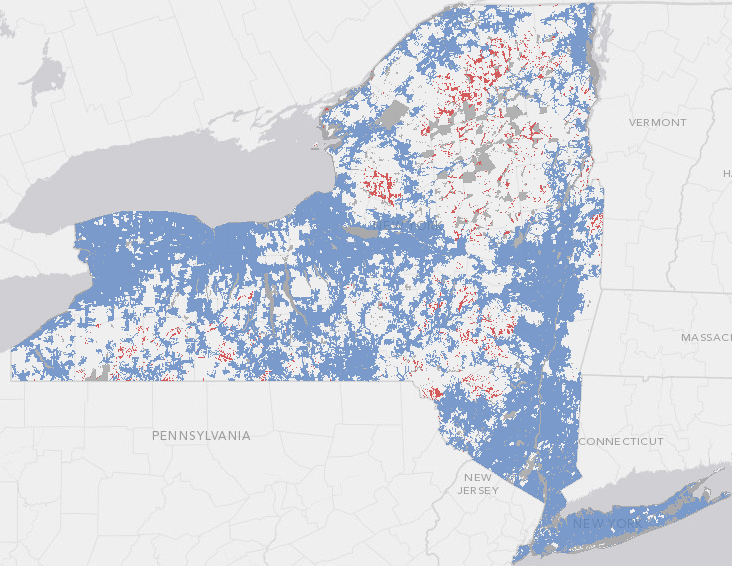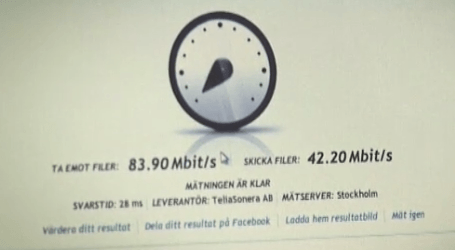Comcast is willing to install cable service for a neighborhood in Ashburnham, if six families agree to split the estimated $94,000 installation fee.
Paying more than $10,000 each just to get cable television from the nation’s largest cable operator is not a top priority for those living on Old Pierce Road and Rindge State Road, but getting reliable Internet access is. Comcast officials have refused all requests to extend cable service to the families, because there are simply too few of them in the company’s eyes to justify the expense.
Families were surprised to find neither Comcast or Verizon interested in serving the neighborhood, because state broadband maps show coverage in Ashburnham from both the dominant cable and phone company. Comcast suggested the families sign up for satellite Internet service or use a wireless provider instead. But families complain paying Verizon Wireless or AT&T for mobile broadband is expensive and has resulted in rationed Internet use because of very low data caps. Even worse, when the weather turns bad, the wireless Internet service effectively turns off.
The affected families want better answers.
“I’m not afraid to spend $400 to get out of a [wireless] contract if I can have Internet when it’s cloudy out,” James LeBlanc of Rindge State Road told the Sentinel & Enterprise. “But I don’t have $10,000 just sitting in my pocket.”
Wireless broadband for rural Massachusetts is simply not a serious solution for most because of the low usage allowances that accompany the service.
“It’s difficult when it’s raining out, and we can’t get online, and I have to tell my kids, sorry, you can’t do your homework tonight,” his wife, Wendy LeBlanc told the newspaper. “My oldest goes to Overlook (Middle School) and I’m going to have to send in notes for any assignments that require Internet research to be done at school.”
 “It’s a hardship for our family,” said Brian Belliveau, of Old Pierce Road. “We don’t have enough Internet service. We get into situations where we use all of our data within the first two weeks of the month and have to go without it the rest of the month. Our kids are in school with kids who have service all the time, and they don’t understand why we don’t. It’s hard to explain.”
“It’s a hardship for our family,” said Brian Belliveau, of Old Pierce Road. “We don’t have enough Internet service. We get into situations where we use all of our data within the first two weeks of the month and have to go without it the rest of the month. Our kids are in school with kids who have service all the time, and they don’t understand why we don’t. It’s hard to explain.”
Comcast’s attitude so far has been ‘tough luck — it’s a money thing.’ Company officials simply won’t front the construction and installation costs because it would take too long to recoup that investment. That leaves the families with few alternatives.
Although Ashburnham, a community of 6,000 in north-central Massachusetts, is considered “rural,” it is not nearly rural enough to qualify for federal broadband funding. Besides, according to broadband mapping data supplied by area cable and phone companies, Ashburnham is already “well-served” with broadband. But don’t tell that to families without Internet access.
Local officials were stunned the multi-billion dollar company wouldn’t assume upfront expenses in return for goodwill and devoted, long-term paying customers.
“I may be sort of old-fashioned, but a company sometimes has to do what is in the best interest of its customers to gain their loyalty,” Selectman Gregory Fagan said. “I’m offended when you say the company can’t afford it. Our schools are giving our children Internet assignments. There’s been discussion of giving tablets to all kindergartners. It’s not like in the ’80s when these things were a luxury. They are must-haves now.”


 Subscribe
Subscribe






